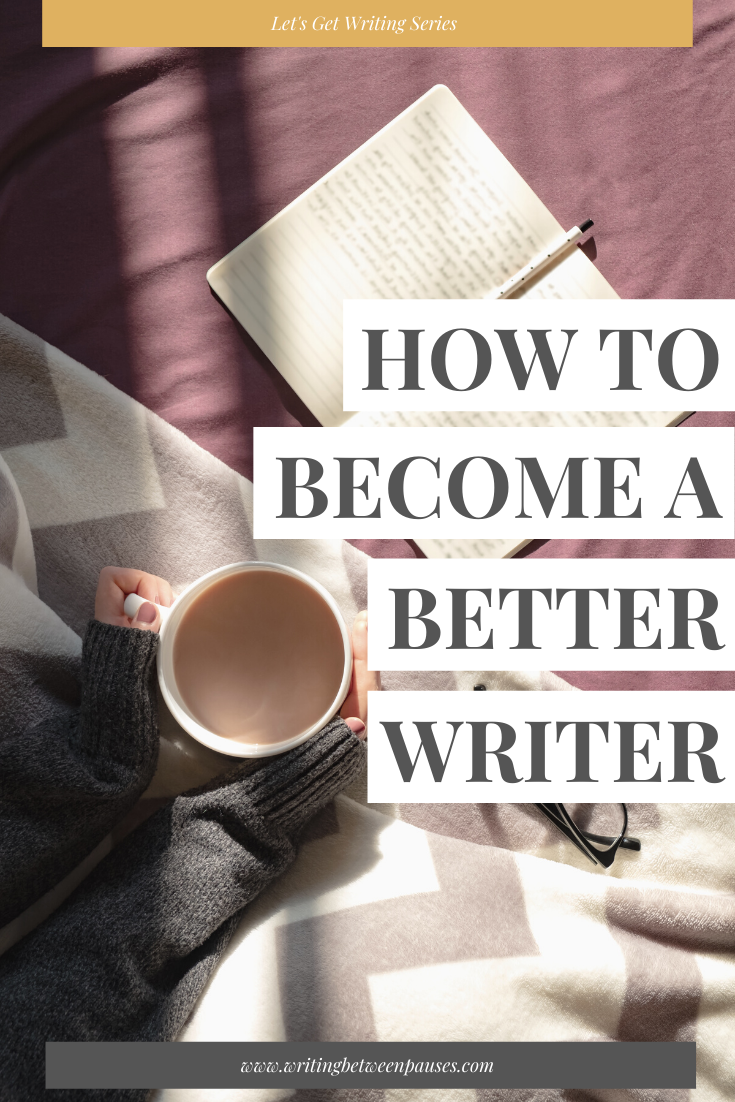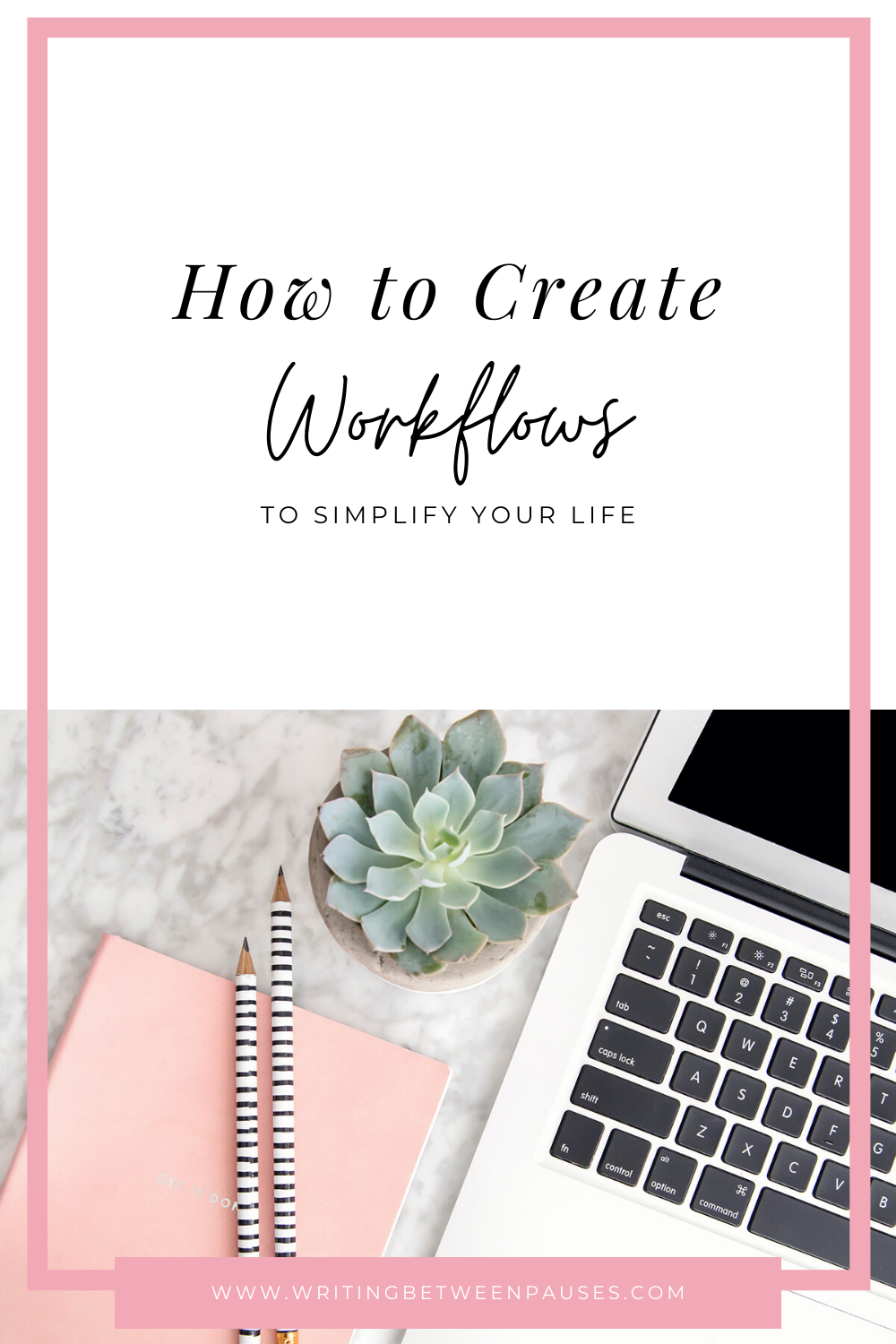Another month, another series! This month, I want to talk about writing: how to become better at writing, how to effectively set writing goals, and much more. So many people love writing, but when it comes down to it, it can be tough to get started. Writing can seem intimidating, but it doesn’t have to be. In this series, I hope you’ll take the opportunity to really jump into writing. Thanks for joining me!
What does it mean to be a good writer?
Here’s the tough thing about all creative endeavors: what makes them good is incredibly subjective. We tend to think of writing, however, as slightly more subjective (although this isn’t necessarily too). Art is a visual medium and is more accessible to most people; everyone can pretty much look at a photo or piece of art and say, “I like that!” and it’s easy to tell why. With writing, good writing is often not that different from bad writing and lots of people can read good writing and say they don’t like it.
It’s just incredibly subjective.
It also doesn’t help that writing, like art, can be a skill your born with a predisposition to. But by and large, most people become good writers by practicing, by focusing on it every single day.
This brings me to the question of this blog post: how do you become a better writer? How do you get started on the path to improving, to making writing an every day part of your life? Here are my 3 tips.
1. Write every single day without expectations.
You’re not writing the great American novel every single day. You’re just writing. Write in a journal, write in your planner, write somewhere: on the notes app of your phone, in a Google Doc, somewhere, anywhere.
You can write with a prompt, like these ones. You can write about the weather or your day. You can write poems or drabbles or flash fiction; you can write out quotes; you can write about what you read that day.
It doesn’t matter. You can henpeck your way through a short story you want to write, or you can just write about your day, or you can write about whatever you want: your favorite memories, your to do list, whatever. There are so many things you can write about every day.
But the what doesn’t matter. All that matters is that you sit down and write every single day.
2. Read.
This is an incredibly easy one, but sometimes, it’s the hardest. If you want to write frequently, if you want to write well, you have to read. If you don’t like to read, then you probably aren’t going to enjoy writing at all.
Reading improves your vocabulary. It gives you ideas of what you like and dislike when it comes to writing. It helps you create your own writing style. It can inspire you, distract you, keep your mind working when you can’t write anymore.
Reading is incredibly important to writing. The best writers are voracious readers. It doesn’t mean you have to have critical thoughts about every book you read. But it does mean that you should be engaging with books—and not just in genres you love, but all books, new and old—frequently enough. Read books, read articles, read poetry, read blog posts, read, read, read.
3. Write about the mundane.
I have noticed this trend among authors that they focus on the biggest parts of their book. It’s very easy to write climaxes, the scenes we’re excited about. But sometimes, focusing on the mundane aspects of our days and lives, and those of our characters, is what is going to build our skills as writers the most.
One thing I do every day is write a list of interesting things I saw that day. It might be things like, “a man with very long, beautiful hair walking to the convenience store” or “grocery pick up at Target punctuated by crows landing on the hood of my car.” Just normal, average every day things that are interesting, that I might use in a scene to provide mundane, but realistic, details.
Write about the mundane. Think about how those small details of your life add up and how beautiful they can be.
That’s it for this week’s blog post! Thanks for reading as always. Next week, we’ll be talking about the best books for writing prompts. See you then!




